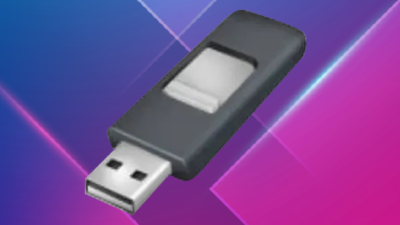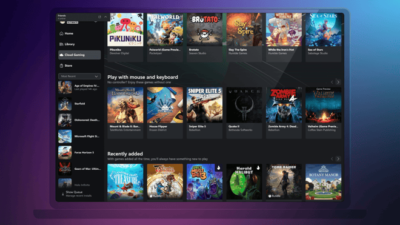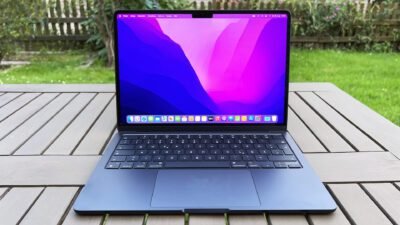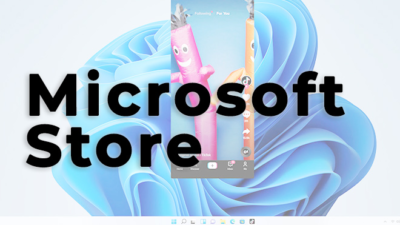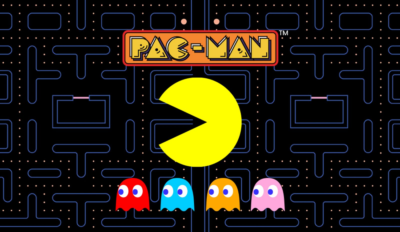Is Google’s Pixel Fold Smartphone better than iPhone?
Google launched the Pixel Fold, its first foldable smartphone, in May. We purchased a Pixel Fold and decided to test it out to see how it stacks up against the most recent iPhones from Apple.
The Pixel Fold’s cover display measures 5.8 inches when it is collapsed but 7.6 inches when it is unfolded. Just like the most recent Pro iPhones, both displays have a refresh rate of up to 120Hz. It has a sturdy hinge that can operate at any angle, and when closed, the hinge is completely closed.
The Pixel Fold is sized like the iPhone X for comparison and is the ideal size for daily usage when folded thanks to the cover screen. It is a wonderful middle size that is neither too small nor too big, measuring 7.6 inches unfolded, which is bigger than any smartphone but smaller than an iPad mini.
Inside is a Google Tensor G2 processor, which serves as Google’s answer to Apple’s A-series CPUs. It has 12GB RAM, 256GB of initial storage, and a 4821mAh battery, so the hardware is not too far from what Apple is providing. In terms of software, Google has been developing Android for foldable devices, but it is apparent that not all Android app developers have modified their apps for the form factor.
Like Apple’s 14 Pro and Pro Max, Google’s phone has a 48-megapixel back camera, which is adequate but not very impressive. Along with a 9.5-megapixel front camera, an 8-megapixel internal camera, and 10.8-megapixel telephoto and ultrawide sensors, it also contains other cameras.
Apple may be experimenting with foldable smartphone technology, according to rumours, but development of the device has so far only advanced to the early prototyping stage. Although there is no information on when Apple would release a folding iPhone, all the main Android manufacturers already sell foldable smartphones with the introduction of the Pixel Fold.
The Pixel Fold costs $1,800, which is far more than anything that Apple sells. One reason Apple hasn’t entered the market is likely the high cost of foldables.
RS News or Research Snipers focuses on technology news with a special focus on mobile technology, tech companies, and the latest trends in the technology industry. RS news has vast experience in covering the latest stories in technology.

